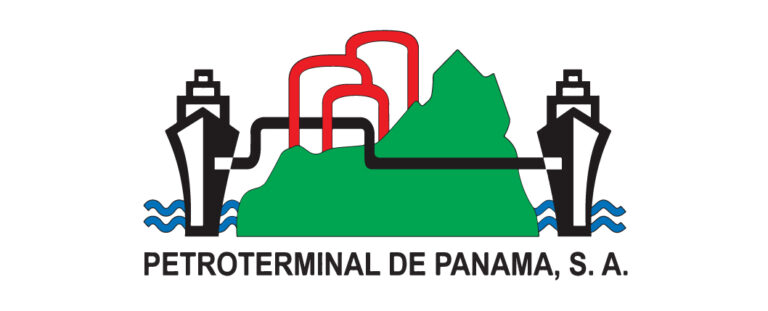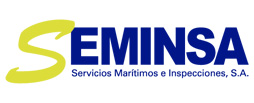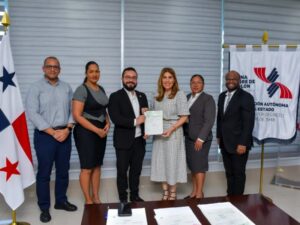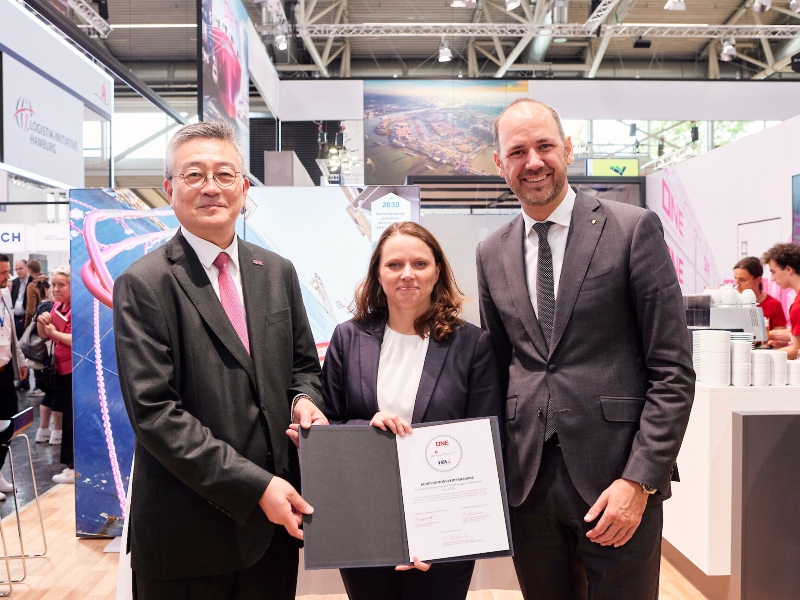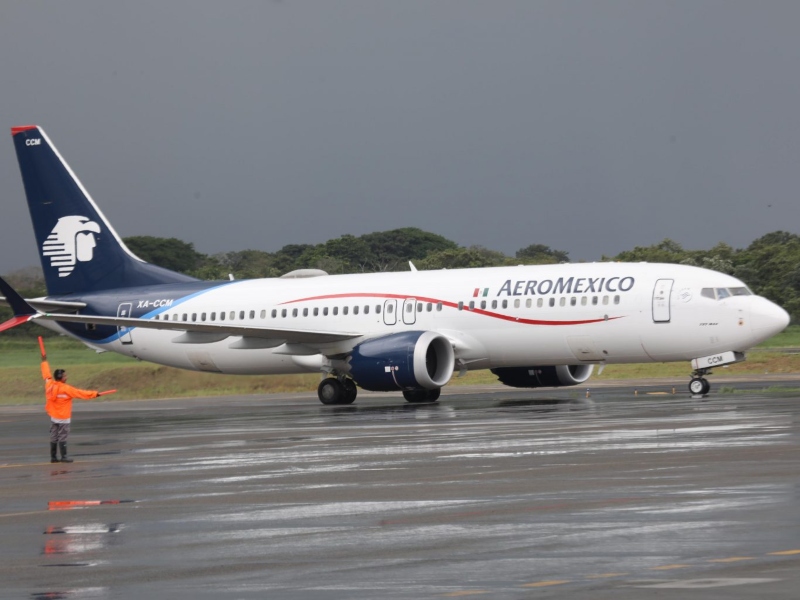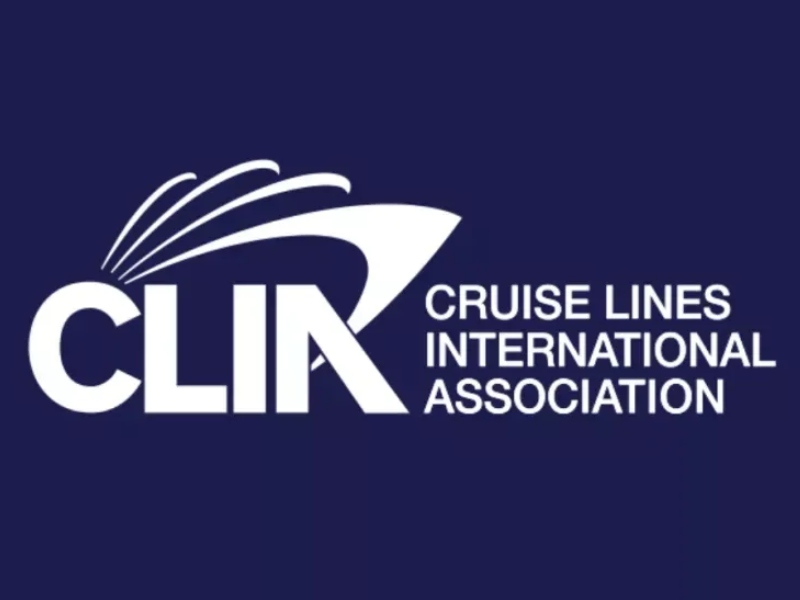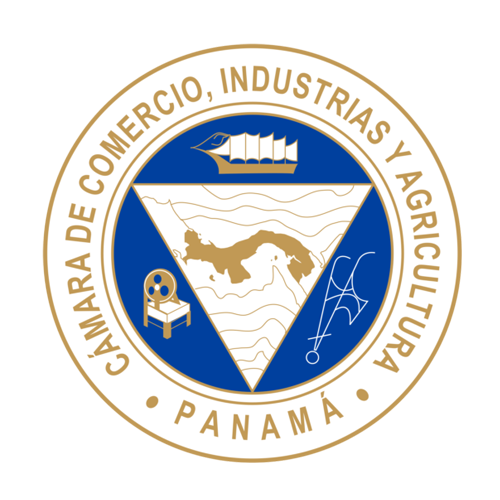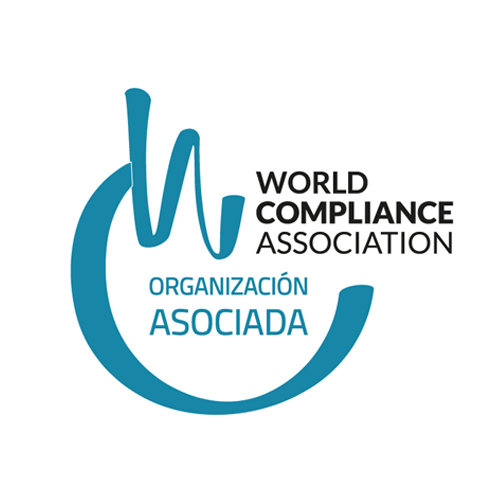During COP27 held in Egypt last month, the United Nations World Tourism Organisation (UNWTO) urged the tourism industry to take urgent action to reach net zero, and discussed the pathways to achieve measurement and decarbonisation, as well as regeneration and finance.
According to the latest “United in Science” Report, CO2 emissions are on the rise with atmospheric greenhouse gas (GHG) concentrations reaching record levels driving rapid climate change which in turn threatens our way of life on earth. There is an urgent need to for every individual or corporate to take action.
Nobody can afford to be complacent as climate change intensifies and takes a toll on socio-economic development.
Common challenges across our industry to reach our net zero targets range from accurate emission measurement and reporting, to a fragmented regulatory landscape, insufficient budgets or hard to replace infrastructure.
There are subsectors where costs for transformation can be prohibitive, resulting in a long-transition to net zero. Such is the case for asset-heavy sectors in the travel and tourism industry: aviation, cruise or hotels where it will take time to implement infrastructure improvements, or switch to hydrogen or electric powered solutions to reduce absolute carbon emissions.
As global leaders shift their attention to climate finance, COP27 saw US$4 to $6 trillion a year committed for investments in technology and infrastructure. Therein lies an opportunity to simultaneously tackle climate change and drive digitalisation in Southeast Asia where 4 out of 11 unicorns come from Travel & Hospitality.
Concurrently, consumer sentiments are changing – often ahead of regulatory changes. Travellers are becoming more conscious of their environmental footprint and are looking for more sustainable travel options.
These factors together means industries should take the lead, and act ahead of government policy.
To play our part and drive the future resilience of tourism, our fund invests in high growth startups, from Seed to Series A. We take a sector-strategic expertise approach and employ institutional financial discipline to seek out new projects for economic diversification and market-creation.
We hope to galvanise more organisations within our industry to invest in our future collectively, and place future considerations about how business can reduce greenhouse gas emissions and achieve carbon neutrality with investments in long-term and systemic change.
For example, hoteliers can invest in technology and transform their properties to be less reliant on fossil fuels. Contributing to regenerative projects that protect forests and coastal ecosystems can also help companies reduce their carbon footprint.
Velocity Ventures has recently invested in New Zealand enviro-tech company CarbonClick that offers corporates and consumers options to off-set the carbon foot print associated with their travel. They offer high-quality carbon offset programmes by showing where and how their contributions have been used with a “track and trace” feature providing full details of the offset.
While voluntary offsets provides a proactive solution for corporates and consumers to stay ahead of slower moving industry schemes or government regulation, it is also important for tourism businesses to shift investment and financing towards decarbonising our planet’s future.
Entrepreneurs will play a key role in achieving our industry’s transformation to Net-Zero, bringing to market the technologies that are needed to drive this change. Velocity Ventures is committed to supporting their ambitions, taking pro-active steps to invest and help grow their companies and the technologies that will allow us to achieve a low carbon world.
![]()









